In the heartbreaking journey of addiction recovery, the legal implications of relapse can cast a long shadow over individuals and their families. Relapse isn’t just a setback for someone striving for sobriety; it’s also a moment that can have serious legal repercussions. This article aims to demystify these consequences, focusing on how relapse can impact various aspects of life—especially for those battling addiction and for their families.
When the battle against addiction is fraught with challenges, understanding the legal implications of relapse becomes essential. It helps illuminate the risks that not only affect recovering individuals but also ripple out to touch family dynamics, child custody, employment opportunities, and public health policies. At Mothers Against Addiction, we recognize these complexities and stand beside families navigating this turbulent waters. So let’s delve into the top five legal implications surrounding relapse that you ought to be aware of.
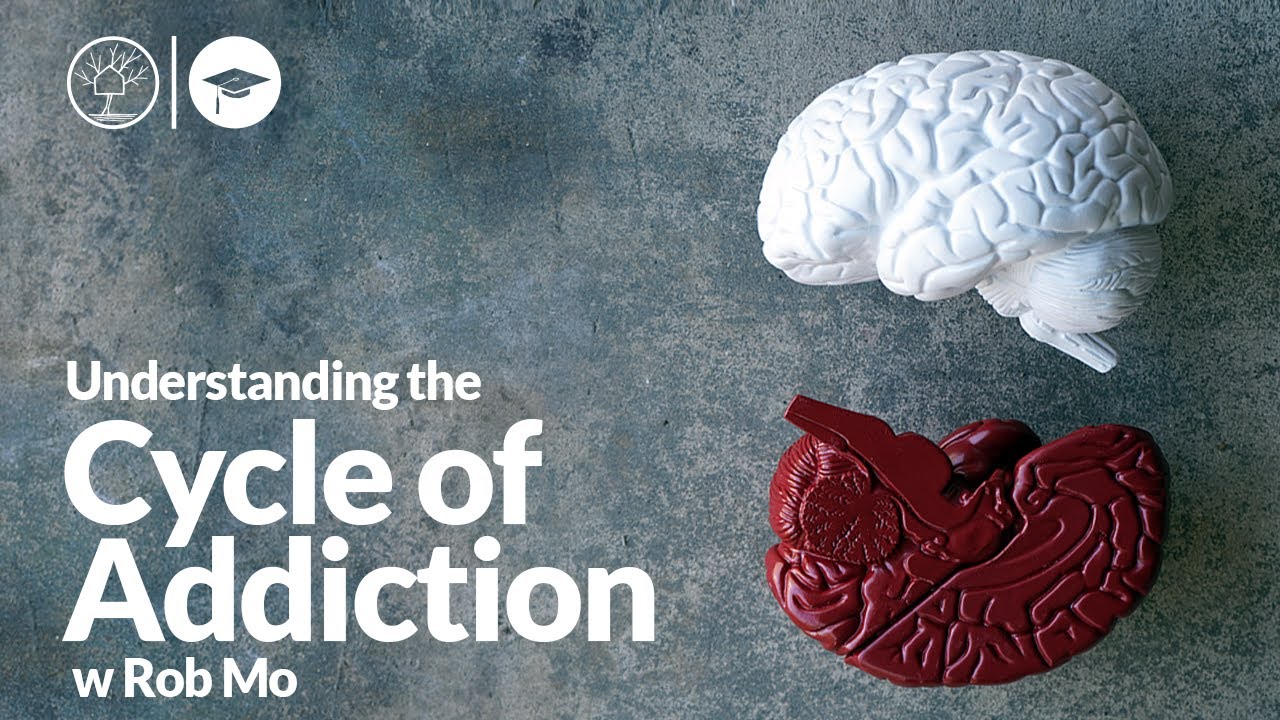
Top 5 Legal Implications of Relapse for Individuals in Recovery
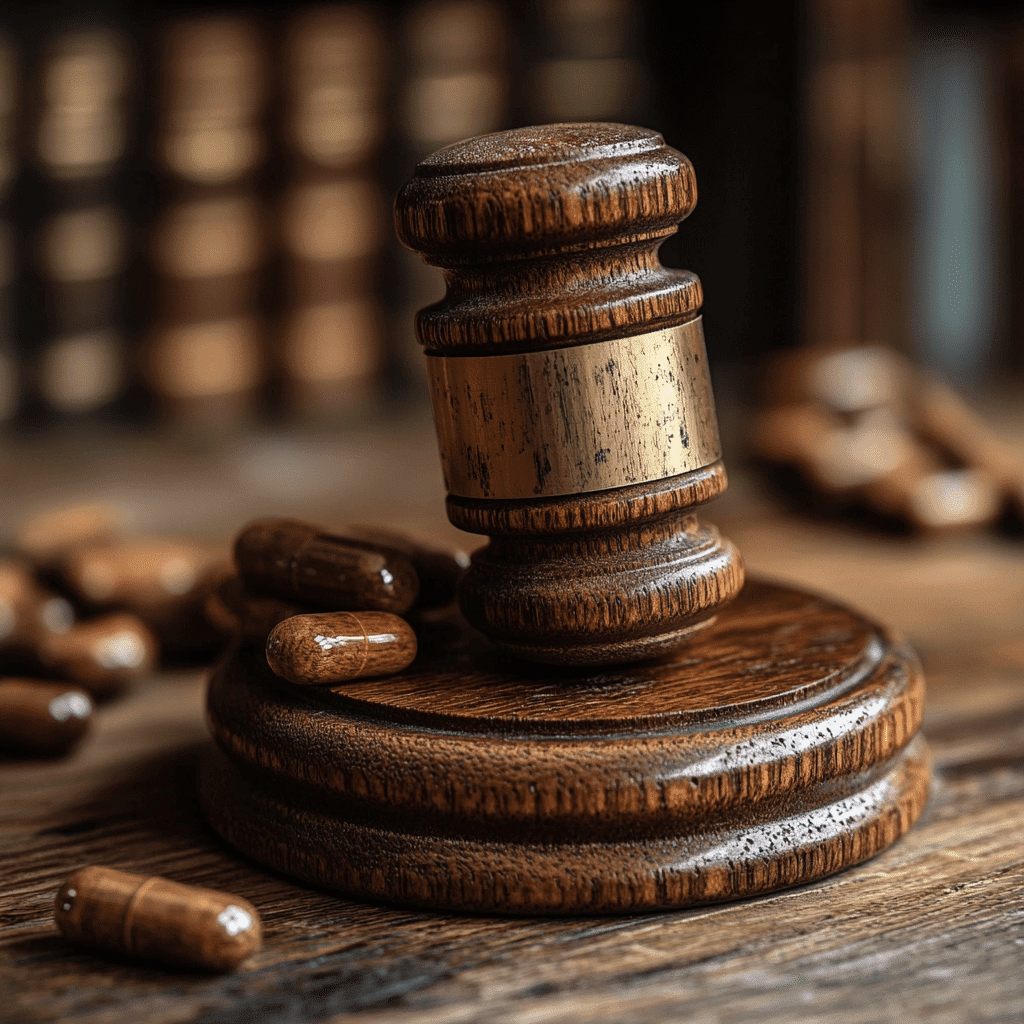
1. Probation Violations
One of the stark consequences of the legal implications of relapse can be felt profoundly by those on probation. Individuals like John Doe, a 32-year-old recovering addict from Ohio, faced dire repercussions when he relapsed and tested positive in a urine test. This failure resulted in being sent back to prison to serve the remainder of his sentence. Courts often see relapse as a violation of probation, which complicates efforts towards rehabilitation. Probation acts as a lifeline for many, but it can quickly turn into a trap with a single misstep.
2. Child Custody and Family Law Issues
The emotional turmoil of relapse can also dramatically alter family dynamics, particularly concerning child custody arrangements. Courts typically prioritize child welfare in custody disputes. For instance, in California, parents struggling with addiction risk losing custody if they show evidence of relapse. A mother recently lost temporary custody of her two children after a relapse, illustrating how the legal implications of relapse can have lasting effects on the pursuit of reunification. The legal system often becomes a battleground where the stakes involve not just personal legal troubles but the fundamental well-being of the family unit.
3. Insurance and Healthcare Consequences
Relapse doesn’t just impact legal standing; it can also have heavy financial implications, especially in the realm of health insurance. With companies like XYZ Insurance Co., patients may find their coverage severely limited if a history of relapse is indicated. A program that once provided extensive rehab support might now nudge the patient toward a single, less effective treatment. This shift showcases the precarious healthcare landscape in which individuals in recovery must navigate their treatment options, often feeling abandoned when they need help the most.
4. Employment Risks and Workplace Policies
Another stressor in the lives of recovering addicts is the threat of job loss due to policies set by employers. Take Mary Smith, a nurse whose career was jeopardized after a positive drug test following a relapse. The reality is that employers can legally terminate employees based on drug use, even if the relapse happened over the weekend. This situation illustrates the tightrope those in recovery often walk—ensuring they stay sober while maintaining their professional commitments. The legal implications of relapse often hit hardest at the very employment that can provide stability in recovery.
5. Criminal Charges Related to Drug Use
In several areas, a relapse can lead directly to criminal charges. The disturbing case of Alex Johnson, who suffered a near-fatal overdose in 2023, illustrates this grim reality. His overdose triggered not only medical emergencies but also legal consequences, as he faced charges for possession following his relapse. Different jurisdictions handle these situations differently, but a trend seems to be emerging that leans towards punitive measures rather than rehabilitative support. This shift can entrap recovering individuals in a cycle of legal trouble, making it harder to break free from addiction.
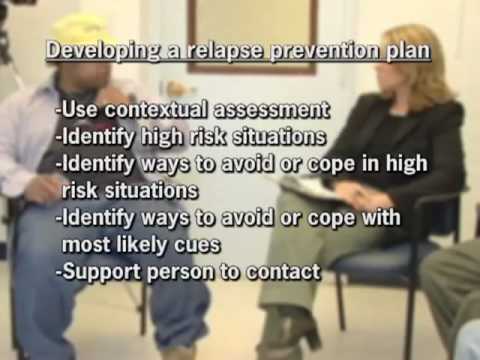
Navigating the Legal Landscape in Recovery
Understanding the legal implications of relapse is crucial for anyone trying to reclaim their life from addiction. Individuals need to be aware of their rights and how to navigate the hurdles that come with legal entanglements. Advocacy organizations like Mothers Against Addiction have initiated programs to educate families on these challenges, empowering them to seek supportive legal advice. We believe that education is a powerful tool, equipping families to handle potentially overwhelming situations with a sense of clarity and hope.
Knowledge about the legal implications of relapse helps individuals make informed choices. Whether it’s finding a lawyer who specializes in addiction-related cases or exploring community resources for support, there’s strength in understanding. Facing the legal system can feel isolating, but parents and loved ones can rally around, forming a network of support that emphasizes recovery rather than punishment.
In this landscape, understanding the Rights Of The addicted individual is essential. Families should be on the lookout for resources that advocate for treatments over punitive measures. Several state policies currently evolve as lawmakers recognize the necessity for a more compassionate approach towards addiction. This evolution offers hope, indicating a shift toward a legal framework that prioritizes healing over punishment, providing a path for families struggling with this affliction.
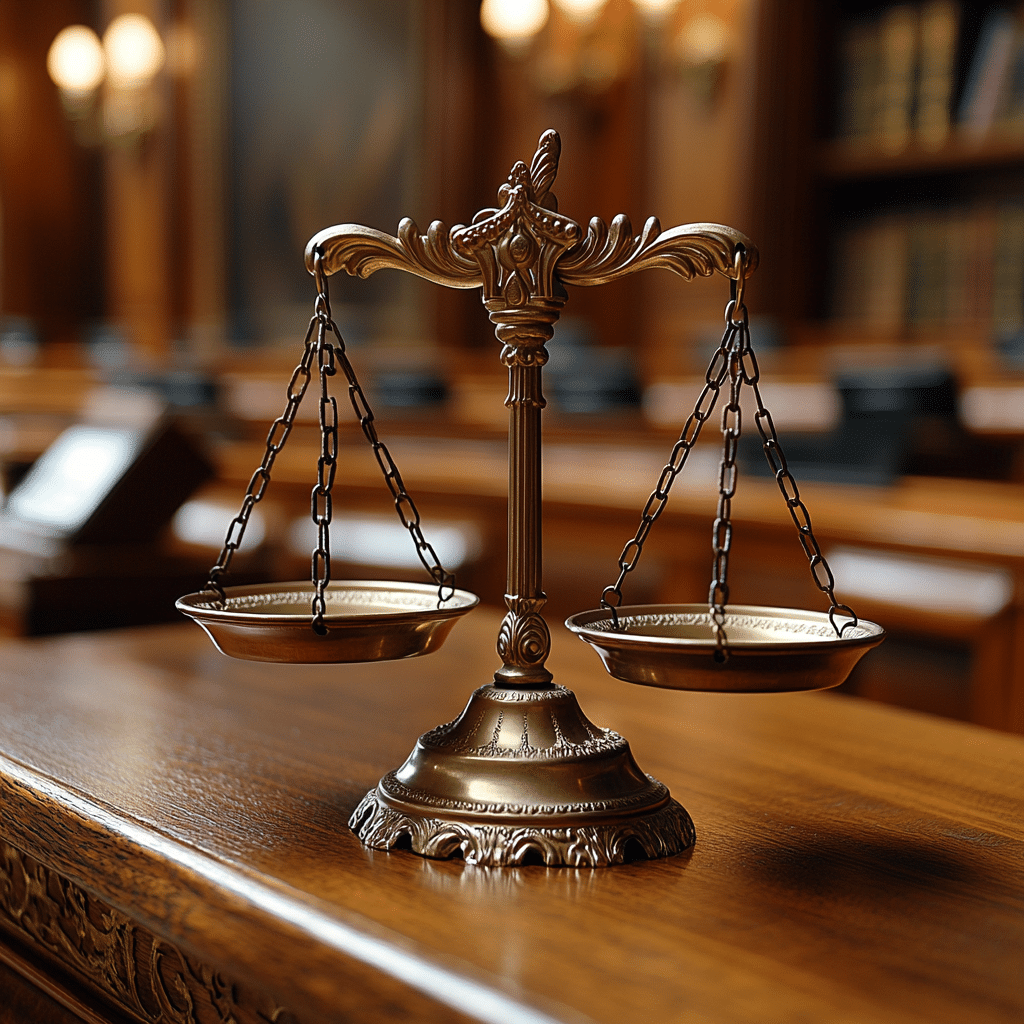
Advocating for a Compassionate Legal Approach
As the narrative around addiction slowly shifts, there’s a growing recognition of the need for compassion in addressing the legal implications of relapse. Proposed changes in legislation are encouraging, as some lawmakers advocate for treatment diversion rather than punitive repercussions. Enhanced training for judges to better understand addiction is a crucial step toward informed decision-making in legal cases. Such initiatives are vital in reimagining how society perceives relapse—not merely as a lapse in judgment, but as a part of a chronic disease deserving of compassion and understanding.
Creating supportive environments for those grappling with addiction offers a chance for families to heal together instead of being torn apart by legal repercussions. The societal shift towards understanding and compassion rather than stigmatization can profoundly impact recovery journeys. By standing together, families can support one another, pushing against the tide of negativity that often surrounds addiction and its legal implications.
Ultimately, the aim is to foster a culture where recovery isn’t shamed but celebrated—where individuals can rebuild their lives without the looming fear of legal consequences. It’s not just about avoiding punishment; it’s about providing a nurturing environment conducive to healing. Advocacy organizations like Mothers Against Addiction are dedicated to this cause, focusing on protecting children’s rights while also supporting families through these turbulent times. Together, we can reshape the narrative and create pathways for healing, understanding, and resilience.
Finding solace and support in this journey is vital. If you or someone you love is struggling with the legal implications of relapse, seek communities and groups that resonate with your experience. Recovery is possible, and with the right resources and support, families can turn the tide towards understanding and compassion.
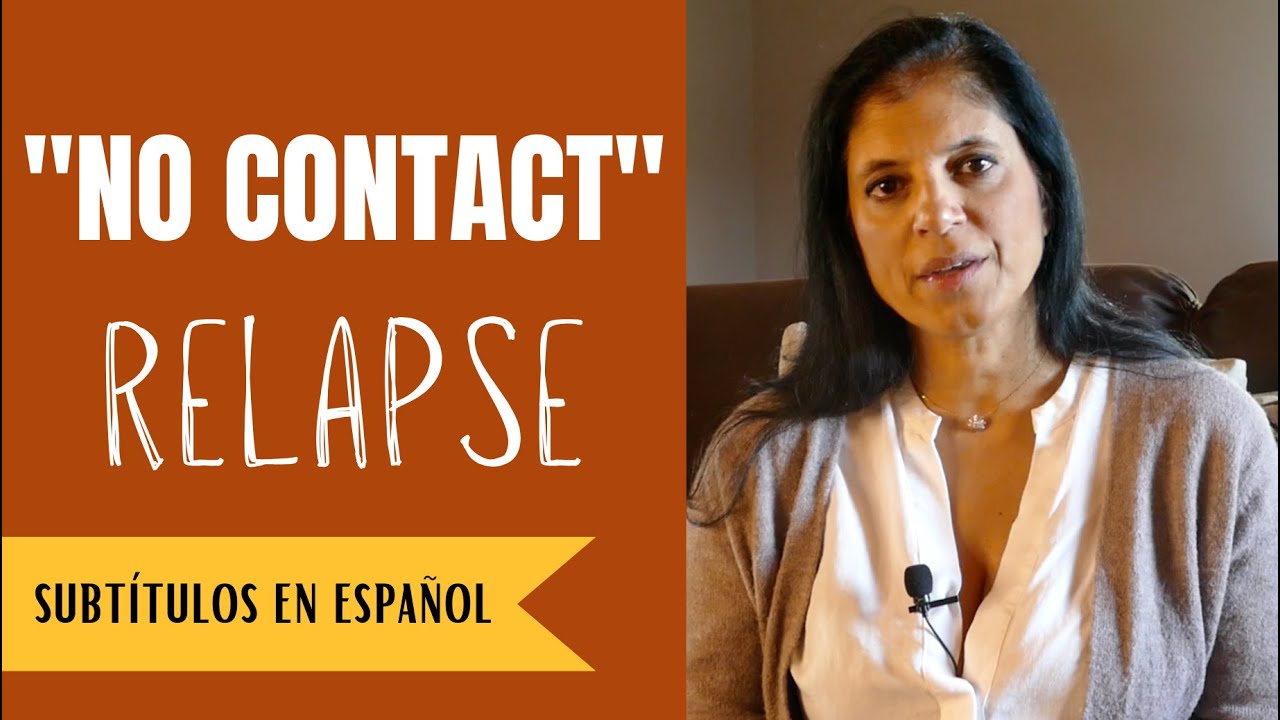
Legal Implications of Relapse: What You Need to Know
Understanding the Impact on Families and Communities
One of the most harrowing aspects of addiction is the legal implications of relapse. Families often face not just emotional turmoil but legal challenges as well. For instance, a parent struggling with addiction may lose custody of their children, implicating laws around protecting Children ’ s Rights. This can lead to a long and overwhelming battle within the legal system, creating a ripple effect throughout families and communities. Interestingly, statistics show that individuals with a history of substance use disorders may experience discrimination in recovery, making it tougher to reintegrate into society and navigate the challenges that come with relapse.
You might be surprised to learn that the landscape of addiction-related legal issues is ever-changing. Laws can vary by state, affecting everything from parole conditions to child welfare system interventions. Take South Carolina, for instance; the state has specific guidelines when it comes to substance abuse that intertwine with the South Carolina state income tax, meaning that those in treatment might face additional financial scrutiny. When a person relapses, it’s not just a health concern—it’s a potential legal landmine, affecting everything from access to housing to employment opportunities.
The Broader Legal Landscape
On the corporate side of things, companies often grapple with how to handle employees who disclose addiction issues. This is where the terms net definition and how it might intersect with employer obligations often come into play. Employers are legally required to navigate these discussions carefully, ensuring a balance between workplace safety and the rights of the employees. Failure to do so can lead to litigation over discrimination, pushing both organizations and individuals further into the legal labyrinth.
In certain scenarios, even homeowners associations (HOA) might take a stance on substance abuse issues within their communities. If a member relapses, it could lead to disputes over property lines, noise complaints, and other local regulations. In such cases, the legal implications of relapse extend beyond personal well-being to affect community harmony. Knowing this makes it critical for families and communities to foster supportive environments, buffered not by stigma but bolstered by understanding and appropriate intervention. The interplay of addiction and legal matters is undeniably crucial, impacting real lives in immeasurable ways.
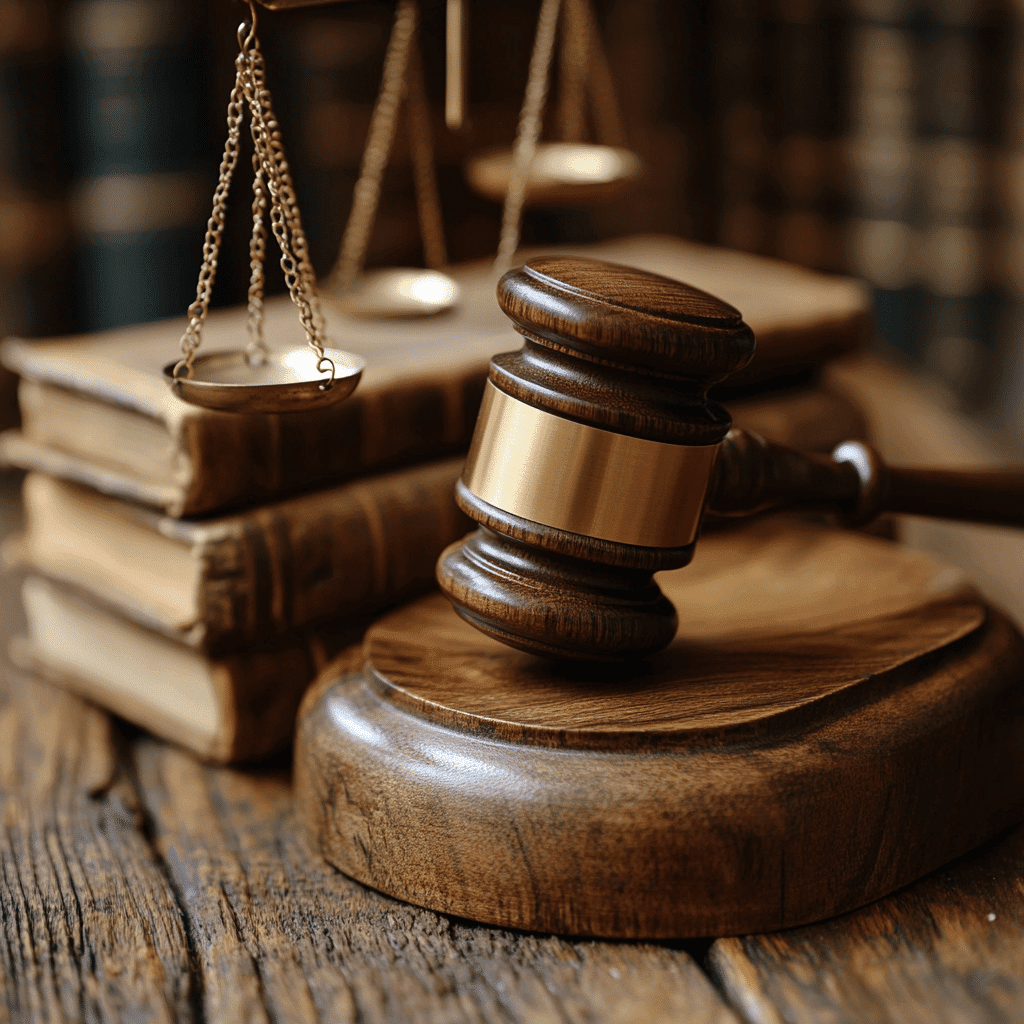
What is the legal definition of a relapse?
Relapse means a single instance of using substances again or going back to a pattern of substance use after a period of sobriety. It’s when someone slips back into old habits after trying to stay clean.
What are two legal issues that can arise from using a substance?
Using substances can land you in hot water with the law. You might face serious legal troubles like hefty fines for possession, or even jail time if caught distributing drugs. It can really mess up your life.
What are the five determinants of relapse?
The five determinants of relapse include stress, social cues, negative emotional states, social support issues, and physical or mental health problems. Addressing these can be crucial to maintaining sobriety.
What is the legal term recovery?
In legal terms, recovery refers to the process of overcoming a substance use disorder and not just the absence of substance use. It often involves making lifestyle changes to support long-term sobriety.
What is the difference between remission and relapse?
Remission is when someone hasn’t had any symptoms or substance use for a while, while relapse is about going back to using substances after trying to stay clean. It’s like taking a step back after making progress.
What is a legal consequence of drug abuse?
A legal consequence of drug abuse can include losing custody of your kids. Courts may decide that a parent who struggles with addiction isn’t fit to care for their children.
What is an example of a legal consequence?
An example of a legal consequence is being arrested for possessing illegal drugs. Getting caught can lead to fines, probation, or even a prison sentence.
What are the two types of legal conflicts?
The two types of legal conflicts are criminal and civil issues. Criminal conflicts involve breaking the law, while civil issues are typically about private disputes or damages between individuals.
What is a trigger in a relapse?
A trigger in a relapse is anything that brings back urges to use substances. It could be a certain place, person, or even a specific event that reminds someone of their old habits.
What are four immediate determinants of a relapse?
Four immediate determinants of a relapse include craving, negative emotions, social pressures, and environmental cues. Recognizing these can help in avoiding a slip-up.
What is the leading cause of relapse?
The leading cause of relapse often boils down to stress and emotional struggles. Many people find it challenging to cope. It’s crucial to have support and healthy coping strategies.
What is the scientific definition of relapse?
Scientifically, relapse is recognized as returning to substance use after a period of abstinence. It’s a common part of the recovery journey for many people.
Is relapse the same as recurrence?
Relapse and recurrence aren’t exactly the same. While relapse is a return to substance use, recurrence usually refers to a more significant return to the disorder after a period of improvement.
What does it mean to get a relapse?
Getting a relapse means slipping back into using substances after trying to stay sober. It’s a setback but doesn’t mean all hope is lost.
What is relapse in mental health?
In the context of mental health, relapse refers to the return of a mental health condition after a period of improvement. Managing triggers and stressors is key to preventing this.




























